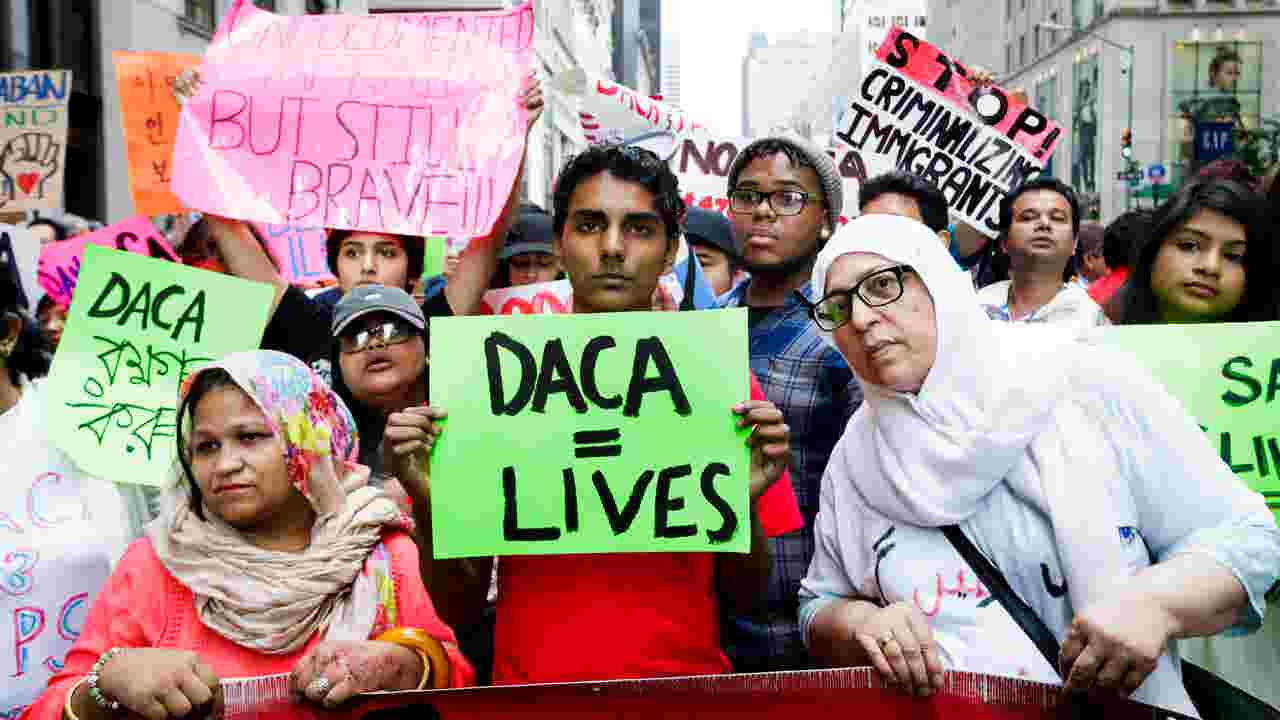Amnesty for young undocumented immigrants would undercut the rule of law
In February, a U.S. Supreme Court ruling gave a temporary reprieve to the roughly 700,000 individuals who are active recipients of the Deferred Action for Childhood Arrivals program, which the Trump administration planned to end on March 5. Going forward, however, how the United States will ultimately handle DACA recipients remains murky, as a legal challenge to the decision to end the program works its way through the court system. While this leaves legislators scrambling to figure out how to address this program that affects the lives of many young people and the education systems that serve them, it also raises questions for the nation’s rule of law.
Last summer, The New York Times presented inspiring first-person accounts of dozens of DACA recipients, including many students. One of the many stories shared was that of Libbing Barrera. A high school student in New York, Barrera shares the many challenges she faced growing up in the United States, including facing homelessness and even at times living off found change.
“I’ve spent endless nights doing homework,” she writes, “and keeping my grades up so I can get into college.” She writes that she battled racism, anxiety, and depression, but that DACA opened many doors for her. One cannot feel anything but sympathy for this young person when she writes, “I am not a criminal. I am not a drug dealer. I am a good person who is simply trying to get an education.”
I absolutely believe Libbing. Yet, not all DACA recipients are like Libbing. Some have been charged with serious crimes. --->Read the rest from Lance Izumi HERE.
If you like what you see, please "Like" us on Facebook either here or here. Please follow us on Twitter here.



No comments:
Post a Comment